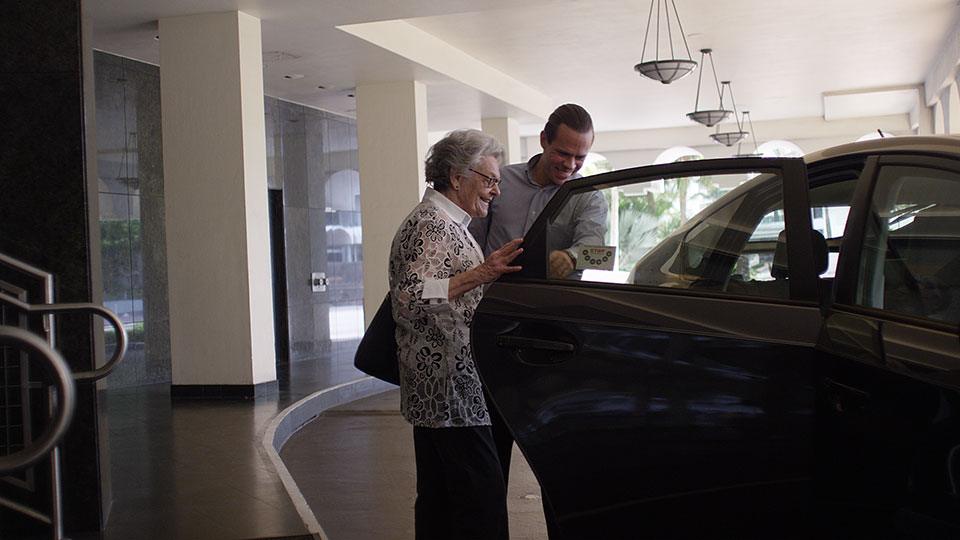
Results of a 12 month non-emergency medical transportation pilot program reported a significant decline in patient no-shows and increased revenue for Hennepin Healthcare. During the yearlong pilot program, the internal medicine clinic located in downtown Minneapolis deployed Hitch Health’s proprietary, automated technology to offer Lyft rides via SMS rates to patients in need who had previously missed appointments.
The software’s flexibility allows health systems to customize ride offers through filters. Based on those filters, ride offers are generated through an SMS text and matched with the appointment. This high-tech solution means there is no need for the patient or clinic staff to schedule the rides. Hitch Health also automates the return ride. When the patient is ready to go home, s/he just texts “ready.”
Nationally, 25 percent of patients who do not show up for a clinic or doctor’s office appointment site transportation as the reason. Over three and a half million Americans can’t get the care they need because they don’t have the transportation to or from the doctors’ office
Financial Impact of Patient No-Shows
When a patient does not show up for an appointment, the clinic loses money – an average of $100 for each scheduled visit. When the patient accepts a ride from Hitch Health/Lyft to/from the appointment, the clinic typically pays less than $15 each way – netting more than $70 – a win for the clinic and the patient
Key results of the 12-month pilot program includes:
● A 27 percent reduction of the clinic no-show rate – from 31 percent to 22.5 percent
● Estimated increase in medicine clinic revenue: $270,000
● Estimated return on investment (ROI): 297 percent
● Patients who participated in the year-long program ranked the experience 9.7/10 in terms of customer satisfaction
“Hitch Health provides a remarkable ROI for clinics and healthcare systems,” said Hitch Health co-founder Susan Jepson. “And, even more important than the ROI is the immediate upstream shift of care from emergency rooms to ambulatory clinics. Hitch Health is focused on shifting medical care to health care. Ultimately, these results demonstrate the far-reaching implications Hitch Health can have on communities nationwide.”
